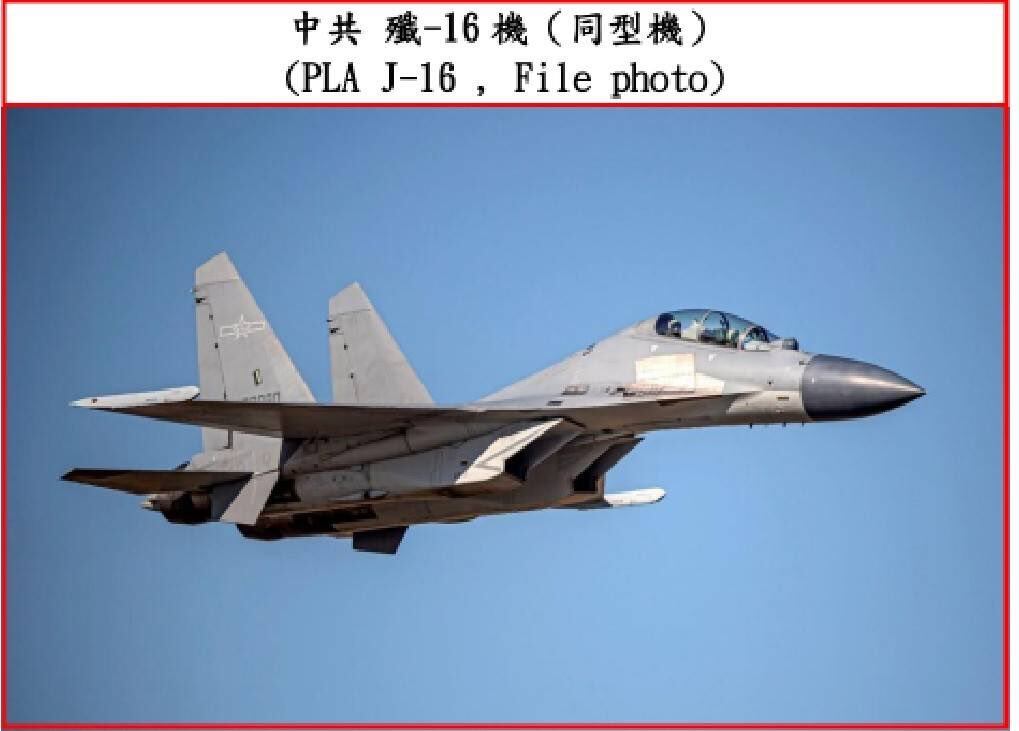ORLANDO — The top U.S. Air Force commander in the Pacific on Thursday questioned China’s complicity in Russia’s war on Ukraine, while downplaying concerns that the East Asian nation may use the conflict to distract from a parallel invasion of Taiwan.
Military experts have debated whether Russia and China would try to launch twin invasions of their former territories, hoping to spread the U.S. and its allies around the world too thin to respond to both crises.
That speculation grew when Taiwan’s air force scrambled its jets to warn off eight Chinese fighters and a reconnaissance aircraft that flew through its air defense zone on Feb. 24 — the same day Russian forces entered Ukraine. But as the assault on Ukraine enters its second week, China so far hasn’t indicated it plans to follow suit.
RELATED

“I’m watching [Chinese President Xi Jinping] like a hawk,” including through military surveillance assets, Pacific Air Forces boss Gen. Kenneth Wilsbach said during a media roundtable at the Air Force Association’s annual conference here. “I haven’t seen anything so far, but that doesn’t mean they haven’t talked about it internally and doesn’t mean that they won’t try something.”
U.S. President Joe Biden has pledged to defend Taiwan, an unofficial partner which receives American military training and materiel, in case China moves to end the island’s autonomy.
Beijing scaled back its provocations while hosting the Winter Olympics last month, he said, but has since resumed the status quo as the U.S. expected.
More suspicious was Xi’s meeting with Russian President Vladimir Putin on Feb. 4 ahead of the Olympics’ opening ceremonies, Wilsbach said. He cited Russia’s repeated pledges it would not attempt a military takeover of Ukraine and questioned what and when Xi knew of the plans.
“I’d like to know what happened there because, clearly, we’ve seen that Russia did invade,” Wilsbach said. “Did Xi lie to the world? Was he propagating the Russian misinformation? Was he duped by the Russians? Or was he just wrong?”
RELATED
Congressman argues US deterrence strategy failed to protect Ukraine — and could fail Taiwan too
On Wednesday, the New York Times reported that senior Chinese officials told their Russian counterparts not to invade Ukraine until the Winter Games were over on Feb. 20, according to U.S. and European officials who cited classified intelligence they considered credible.
Russia similarly invaded Georgia during the 2008 Summer Games in China, fueling experts’ concerns of another attack. It’s unclear whether Xi and Putin discussed an invasion with each other in addition to their aides’ talks.
“The report indicates that senior Chinese officials had some level of direct knowledge about Russia’s war plans or intentions before the invasion started last week,” the Times wrote. “Different intelligence services had varying interpretations, and it is not clear how widely the information was shared.”
Beijing has since encouraged Russia to negotiate with Ukraine to end the conflict that has driven out more than 1 million people and killed untold numbers of Ukrainian civilians and troops on both sides.
Wilsbach hopes the Chinese government has paid attention to the broad financial and cultural backlash against Russia. He noted China has laid low since the invasion began, a possible sign the country is trying not to be on the “complete wrong side of the issue.”
“They did have the one spokesman that ... was giving guidance to lower-level public affairs individuals not to say anything that would denigrate Russia, because ‘We might need Russia when we take care of the Taiwan issue,’” Wilsbach said. “I’d like for him to explain it in public, but I think we can assume what they mean.”
Rachel Cohen is the editor of Air Force Times. She joined the publication as its senior reporter in March 2021. Her work has appeared in the Washington Post, the Frederick News-Post (Md.), Air and Space Forces Magazine, Inside Defense, Inside Health Policy and elsewhere.





